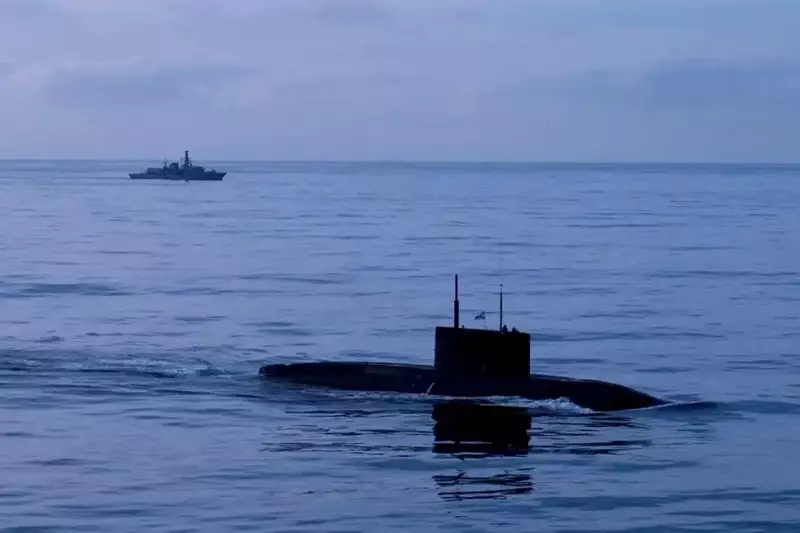
In a dramatic escalation of naval warfare, Russia's Black Sea Fleet has suffered another significant blow with the landing ship Novorossiysk reportedly crippled by Ukrainian forces. The vessel, crucial to Moscow's amphibious operations, has been effectively put out of action according to Western intelligence sources.
Covert Strike in Strategic Waters
The attack occurred near the Russian naval base of Novorossiysk, a critical hub for Moscow's maritime operations in the Black Sea. While Russian officials have remained characteristically silent about the extent of the damage, multiple intelligence assessments confirm the warship sustained catastrophic damage that will require extensive repairs.
This incident represents the latest in a series of successful Ukrainian operations against Russia's naval assets, demonstrating Kyiv's growing capability to project power even in heavily defended Russian waters.
NATO's Response and Leadership Transition
The timing of this naval strike coincides with significant developments within NATO leadership. Outgoing Dutch Prime Minister Mark Rutte has been formally appointed as the next Secretary General of the military alliance, taking command during one of its most challenging periods since the Cold War.
Rutte's appointment comes as NATO faces:
- Ongoing Russian aggression in Ukraine
- Increasing maritime security challenges
- The need for coordinated defence strategy
- Maintaining alliance unity amid political pressures
Strategic Implications for Black Sea Dominance
The disabling of the Novorossiysk further erodes Russia's naval superiority in the region, following the earlier loss of the Moskva cruiser and several other key vessels. Military analysts suggest this represents a strategic shift in the maritime conflict, with Ukraine demonstrating an ability to threaten Russian naval assets even in their home ports.
"The continued degradation of Russia's Black Sea Fleet capabilities marks a significant achievement for Ukrainian forces," noted one defence expert. "Each successful strike not only damages immediate operational capacity but also undermines Russian naval morale and strategic positioning."
International Reactions and Future Projections
As news of the attack circulates through diplomatic channels, Western nations are closely monitoring Russia's response. The incident underscores the evolving nature of the conflict, where conventional naval warfare intersects with asymmetric tactics and intelligence-driven operations.
With Mark Rutte preparing to assume NATO leadership in October, all eyes will be on how the alliance addresses these escalating maritime security challenges while maintaining support for Ukraine's defence efforts.





